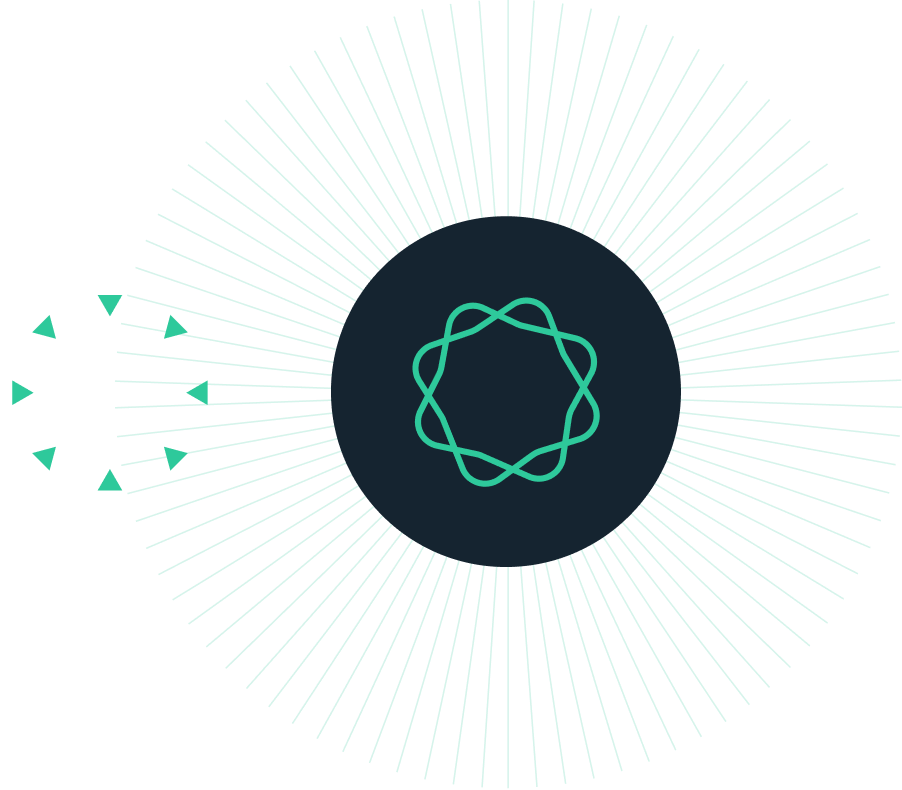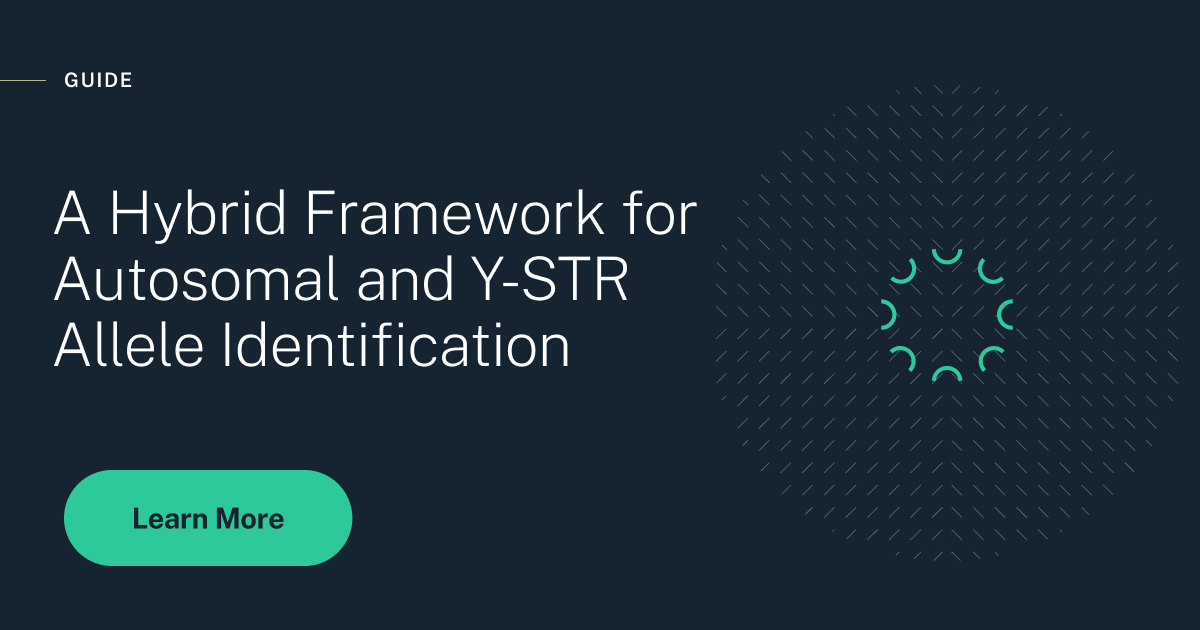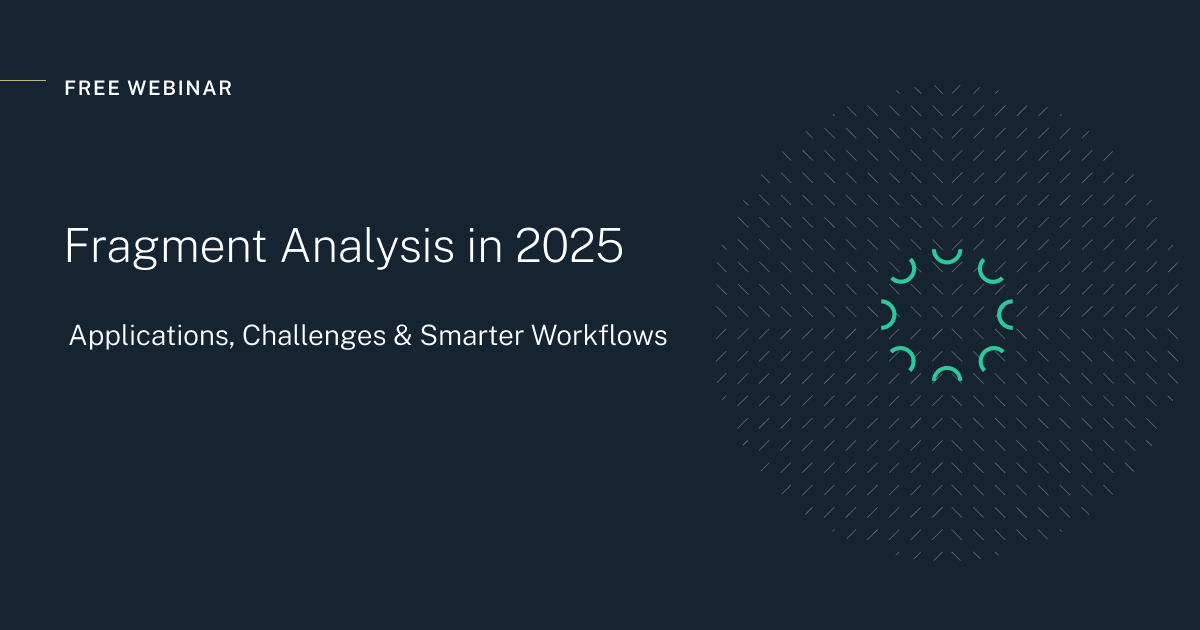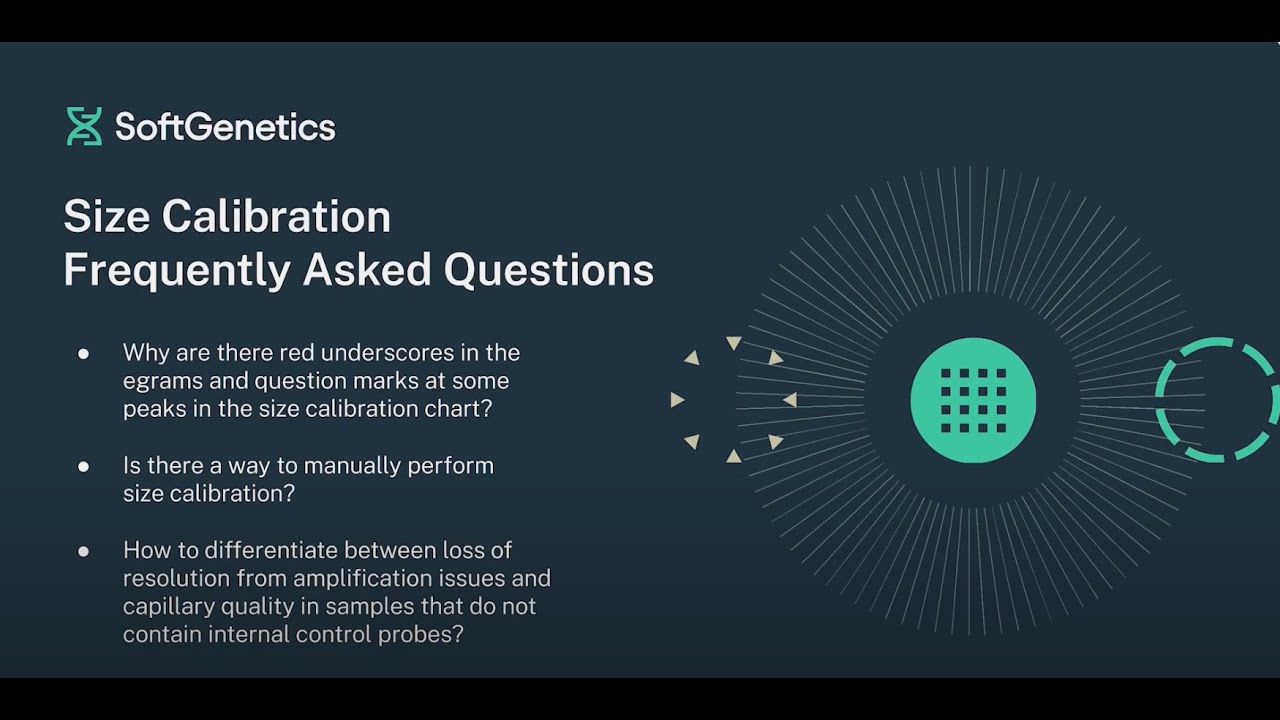What Is Fragment Analysis and Why Is It Still Essential?
Fragment analysis is a cornerstone of genetic research and diagnostics, allowing precise sizing of DNA fragments through capillary electrophoresis (CE). While high-throughput sequencing dominates headlines, fragment analysis remains unmatched in speed, simplicity, and cost for specific use cases like STR genotyping, kinship, MSI, LOH, MLPA and microsatellite analysis.
What Is Fragment Analysis?
Fragment analysis involves fluorescently labeled PCR products separated via CE. The output—an electropherogram—shows distinct peaks representing fragment sizes.
Applications include:
-
- STR genotyping for forensics, identity testing and chimerism monitoring post-BMT
- Microsatellite instability (MSI) and genotyping detection in tumor/normal comparisons
- LOH (Loss of Heterozygosity) detection in tumor/normal comparisons
- MLPA, AFLP, Trisomy, Fragile X and other Repeat Expansions
- STR genotyping for forensics, identity testing and chimerism monitoring post-BMT
Comparison Table
|
|
Fragment Analysis |
Next-Gen Sequencing (NGS) |
|
Output |
Fragment size (bp) |
Full nucleotide sequence |
|
Ideal Use |
STRs, microsatellites, MLPA, MS-MLPA amplicons |
SNPs, indels, structural variants |
|
Cost per sample |
Low |
Higher |
|
Time to result |
<2 hours |
1–3 days |
|
Required infrastructure |
CE + software |
Library prep + sequencer + pipeline |
For Expert Users
Advanced researchers can extract even more from fragment data using:
- Allelic ladder normalization to reduce run-to-run drift
- In-silico panel editing for custom markers or rare variant detection
- Multiplexed panels with dye balancing to increase throughput
- Quantitative LOH and MSI analysis using ratio-based allele peak comparison
- MLPA and MS-MLPA analysis of deletions/duplications and methylation
GeneMarker® supports custom panel development, size standard calibration, and locked audit trails for regulated environments.
Why It Still Matters in 2025
Despite NGS advances, CE remains essential for:
- Validated forensic workflows
- High-confidence STR and SSR calls
- Screening large sample sets quickly
- Applications where DNA sequencing is unnecessary or overkill
How SoftGenetics Helps
-
GeneMarker®: high-performance sizing, binning, and allele calling plus embedded post-genotyping modules (MLPA/MS-MLPA, Aneuploidy, MSI, LOH…)
-
GeneMarker®HID: forensic-ready STR interpretation with mixture detection, database comparison, and visual QC tools
-
ChimerMarker®: Accurate, rapid genotyping, chimerism and MCC data analysis with documented time savings of up to 85%
Start your journey with a free 35-day trial of SoftGenetics software and experience the difference in variant detection analysis.
Get started with SoftGenetics today
Start your free 35-day trial















